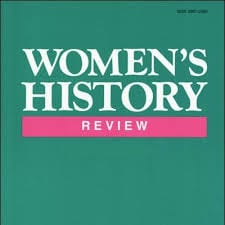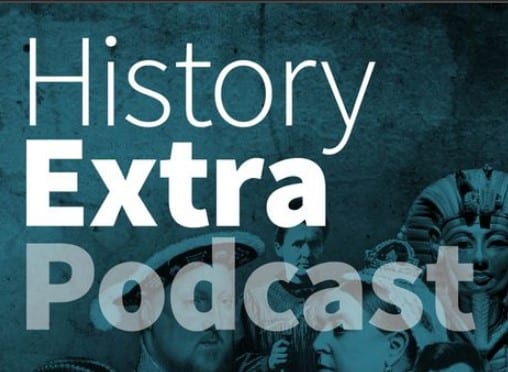
The life and legend of Florence Nightingale

news, new scholarship & more from around the world


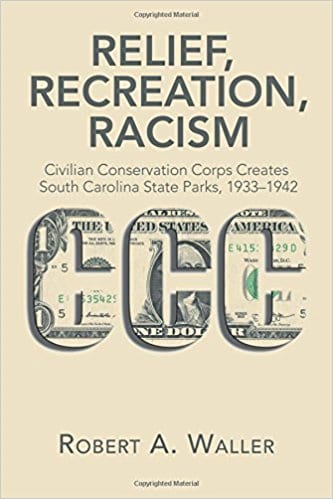

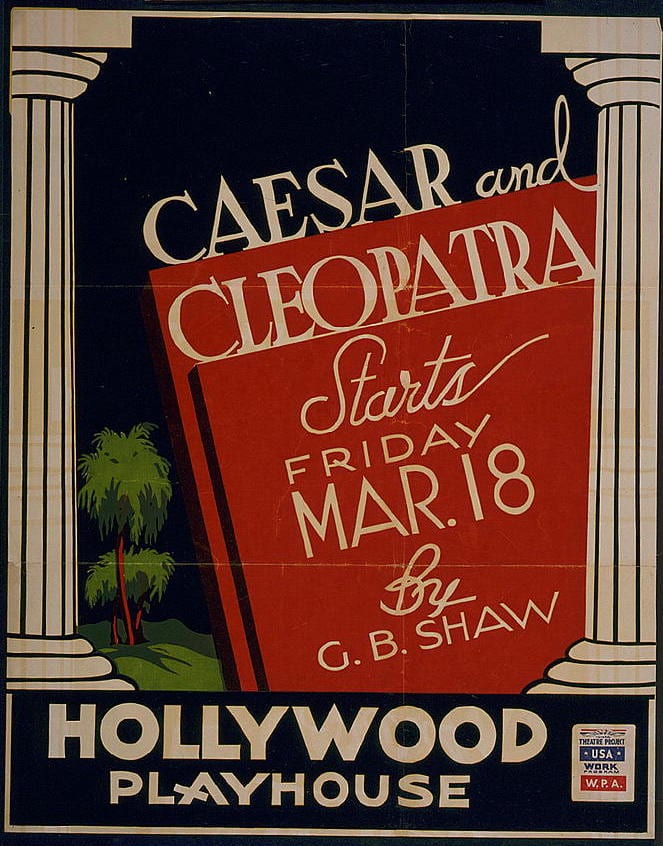

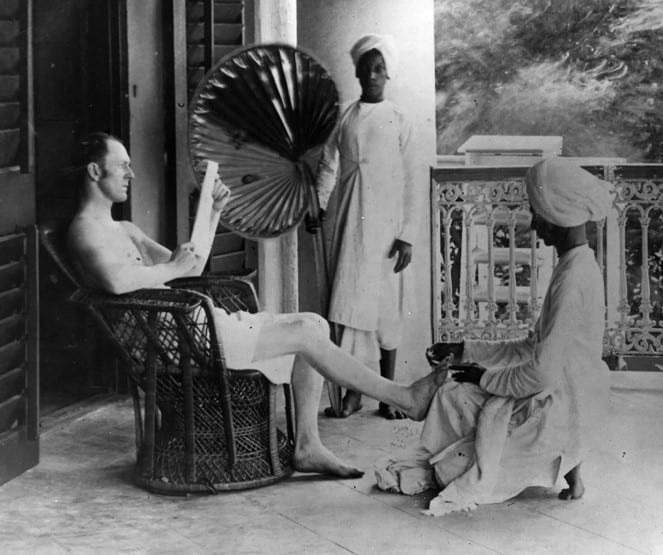
To help rule its empire, Britain turned to psychoanalysis. But they weren’t willing to hear the truth it told.

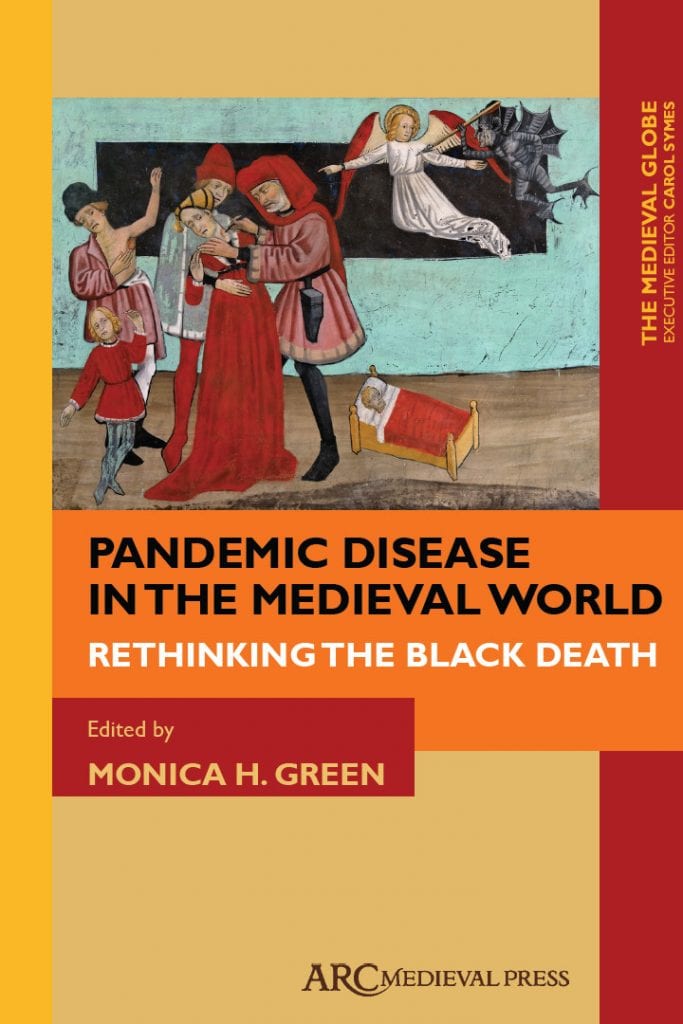
Europe, how population losses then led to structural economic, political, and social changes. But why and how did the pandemic happen in the first place? When and where did it begin? How was it sustained? What was its full geographic extent? And when did it really end?
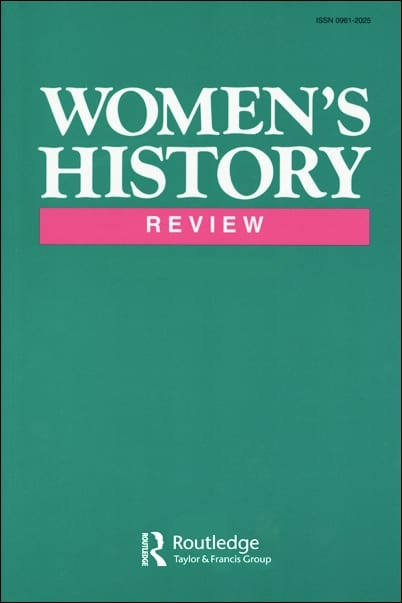
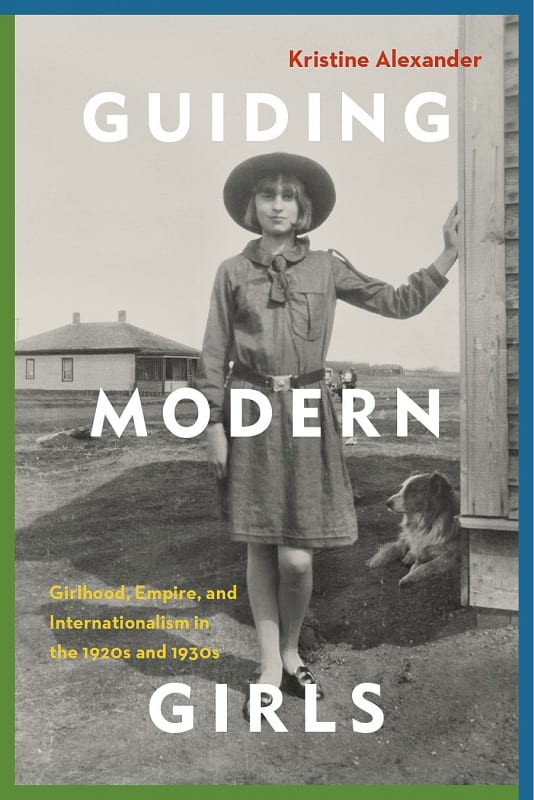
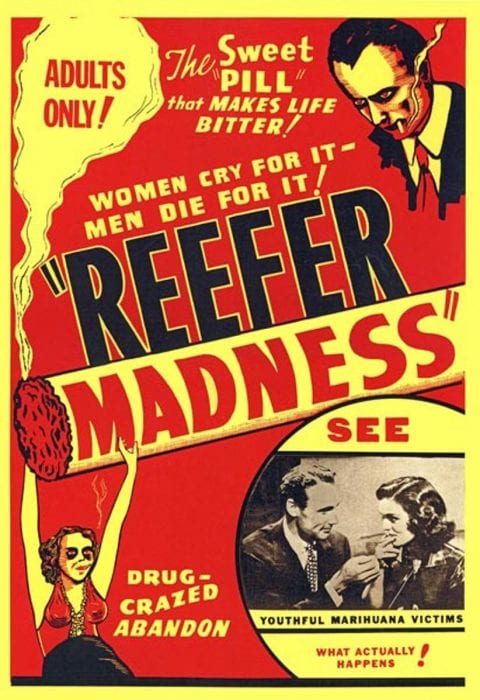
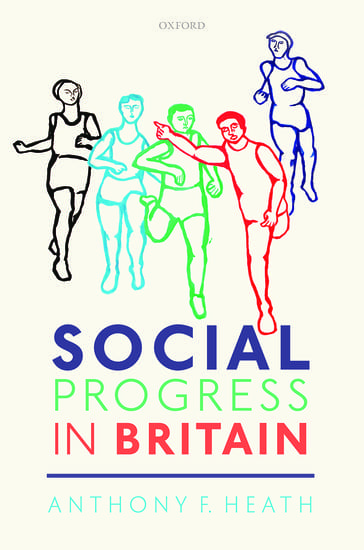
In his landmark 1942 report on social insurance Sir William Beveridge talked about the ‘five giants on the road to reconstruction’ – the giants of Want, Disease, Ignorance, Squalor, and Idleness. Social Progress in Britain investigates how much progress Britain has made in tackling the challenges of material deprivation, ill-health, educational standards, lack of housing, and unemployment in the decades since Beveridge wrote.
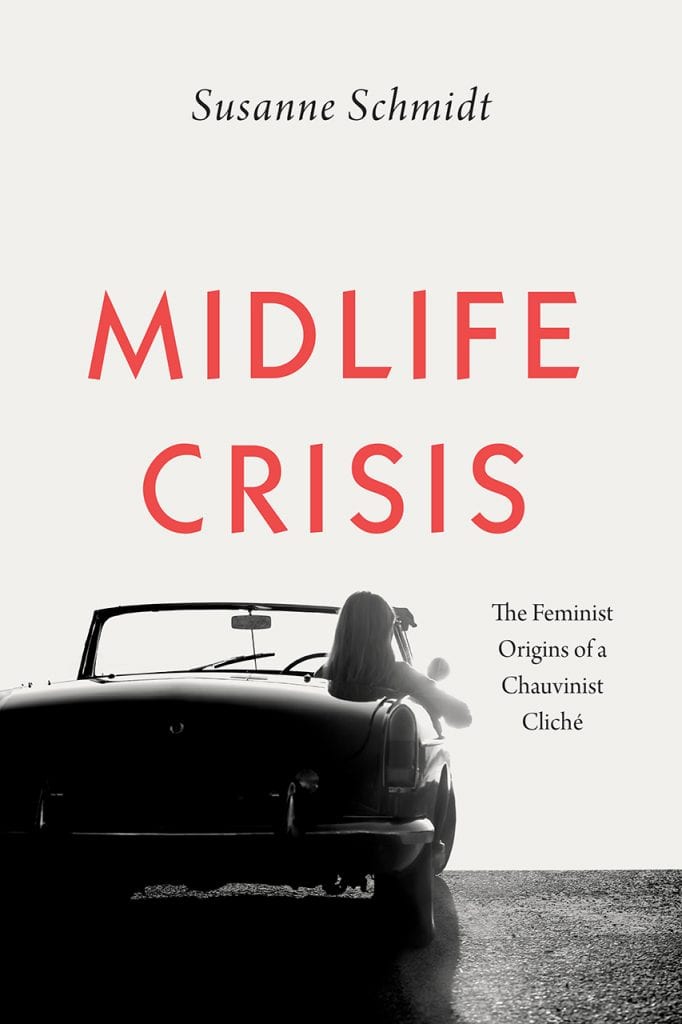
The phrase “midlife crisis” today conjures up images of male indulgence and irresponsibility—an affluent, middle-aged man speeding off in a red sports car with a woman half his age—but before it become a gendered cliché, it gained traction as a feminist concept.

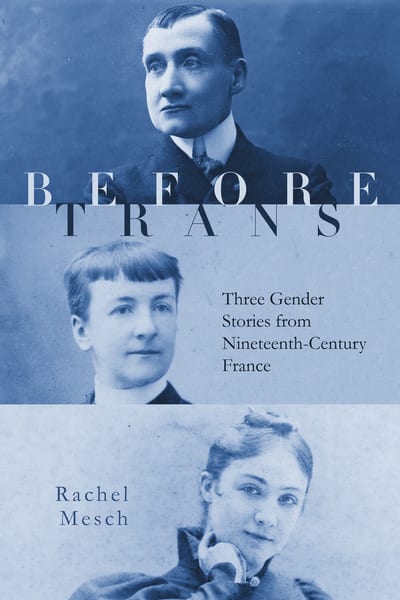
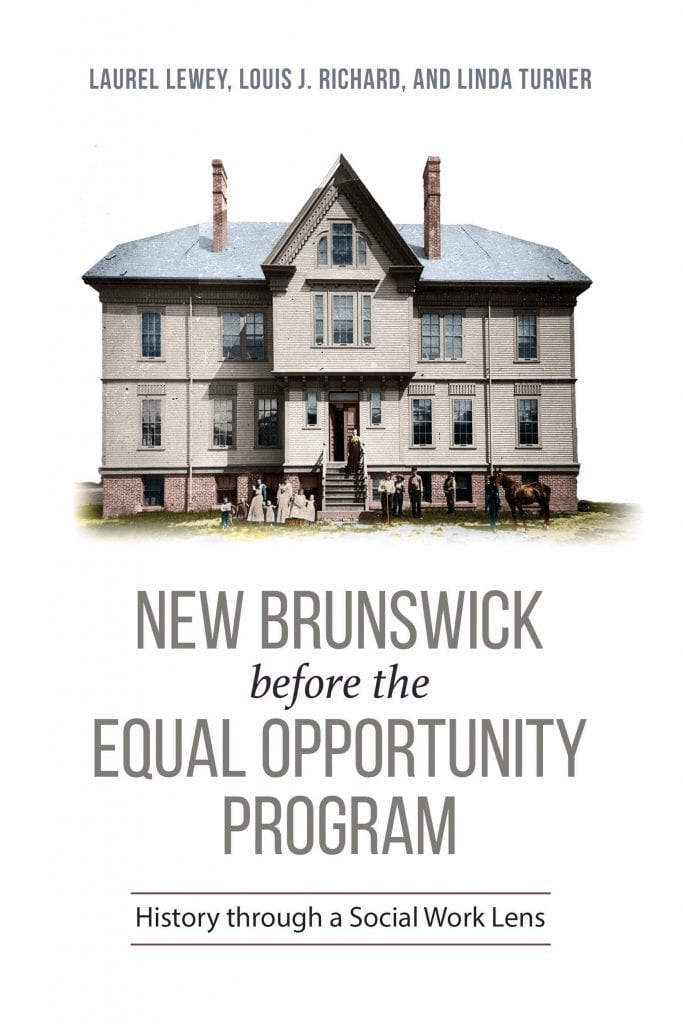
Prior to the implementation of the Equal Opportunity program in the 1960s, most New Brunswickers, many of them Francophone, lived with limited access to welfare, education, and health services. New Brunswick’s social services framework was similar to that of nineteenth-century England, and many people experienced the patronizing attitudes inherent in these laws. New Brunswick before the Equal Opportunity Program examines the observations and experiences of New Brunswick’s early social workers, who operated under this system, and illuminates how Premier Louis J. Robichaud’s Equal Opportunity program transformed the province’s social services.
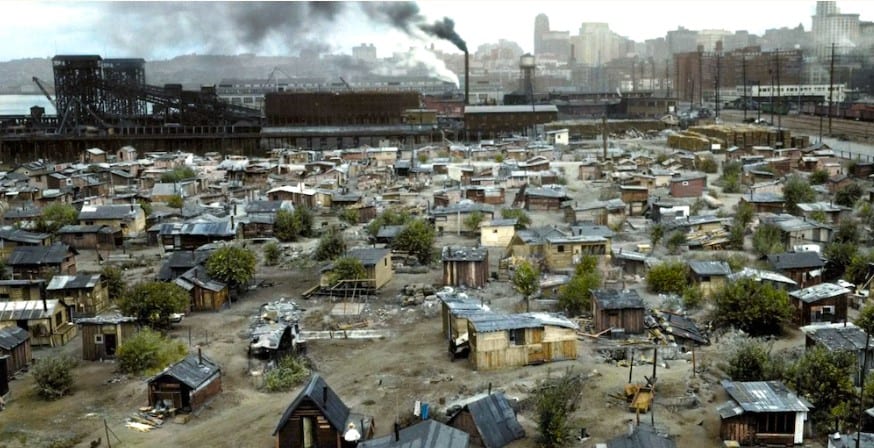
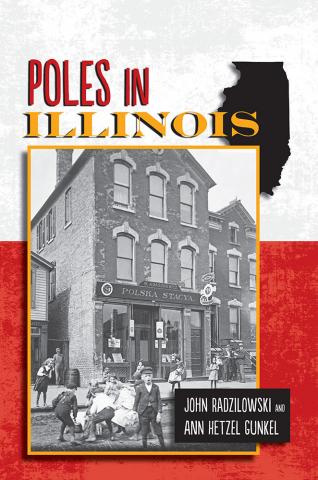
Illinois boasts one of the most visible concentrations of Poles in the United States. Chicago is home to one of the largest Polish ethnic communities outside Poland itself. Yet no one has told the full story of our state’s large and varied Polish community—until now. Poles in Illinois is the first comprehensive history to trace the abundance and diversity of this ethnic group throughout the state from the 1800s to the present.
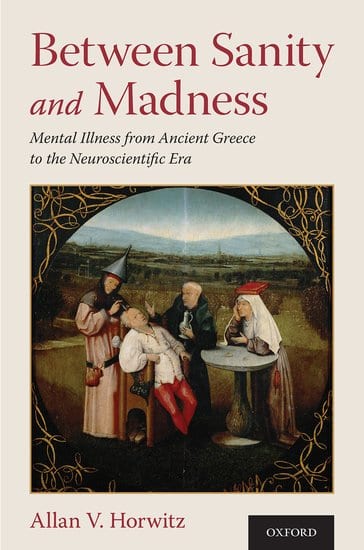


Everyday suffering—those conditions or feelings brought on by trying circumstances that arise in everyone’s lives—is something that humans have grappled with for millennia. But the last decades have seen a drastic change in the way we approach it. In the past, a person going through a time of difficulty might keep a journal or see a therapist, but now the psychological has been replaced by the biological: instead of treating the heart, soul, and mind, we take a pill to treat the brain.

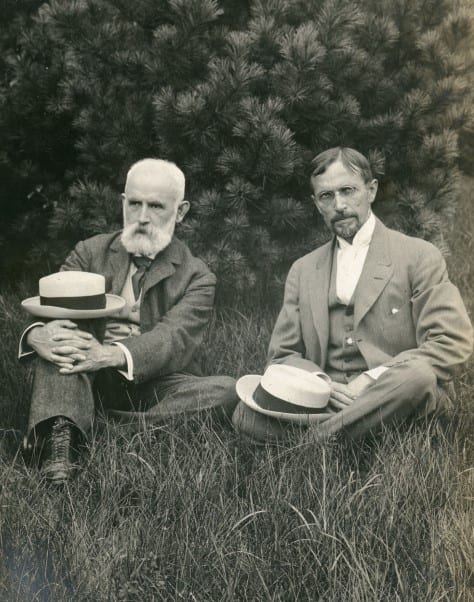
John Gehring (right) in a contemplative pose with ornithologist William Brewster
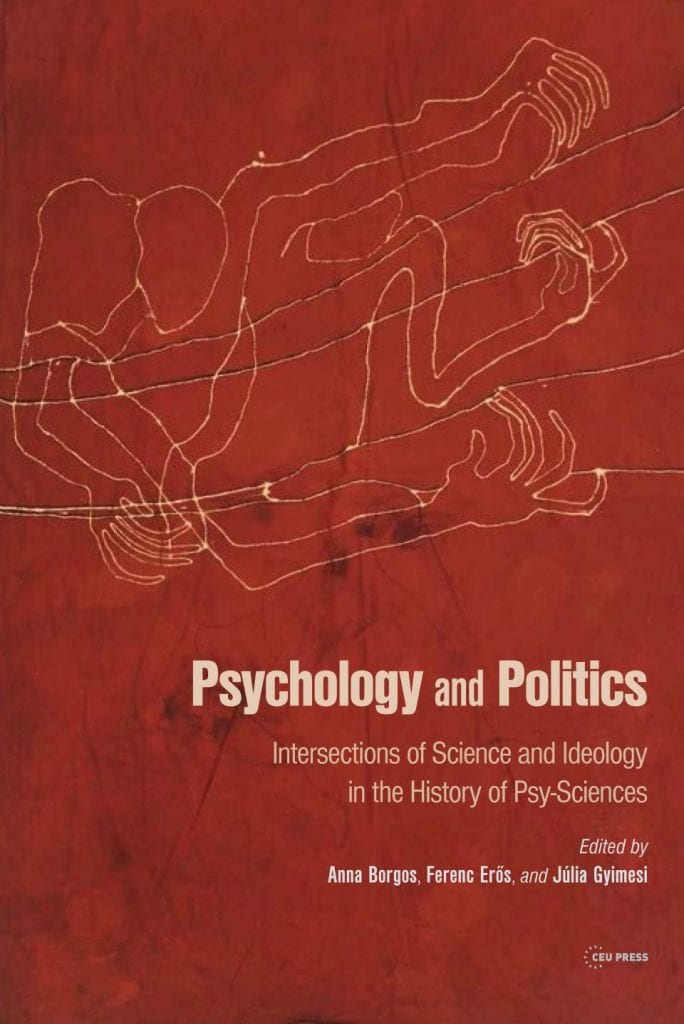

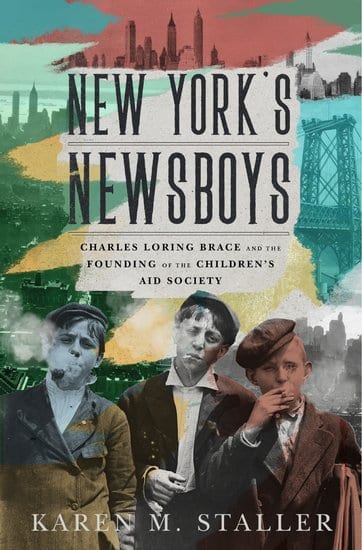
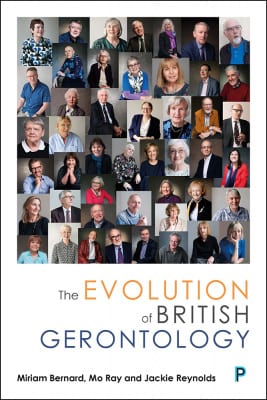
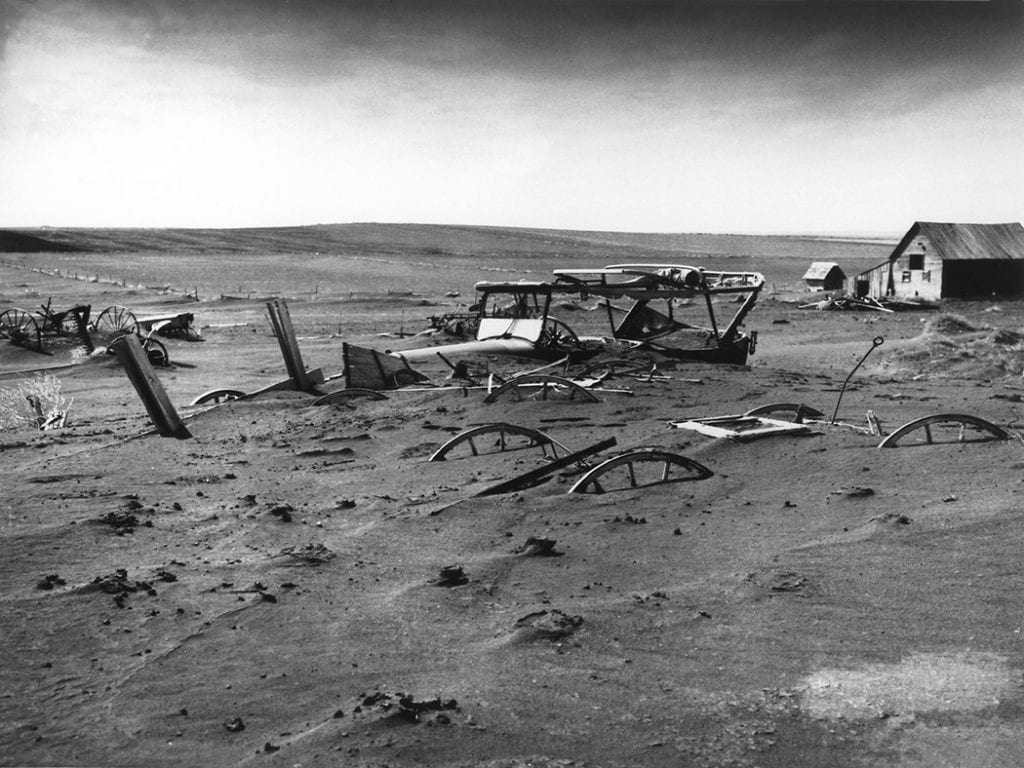
Buried machinery in barn lot in Dallas, South Dakota, United States during the Dust Bowl, an agricultural, ecological, and economic disaster in the Great Plains region of North America in 1936

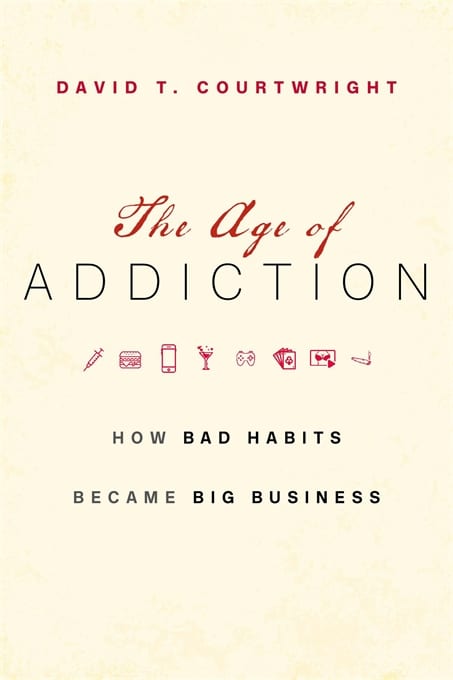
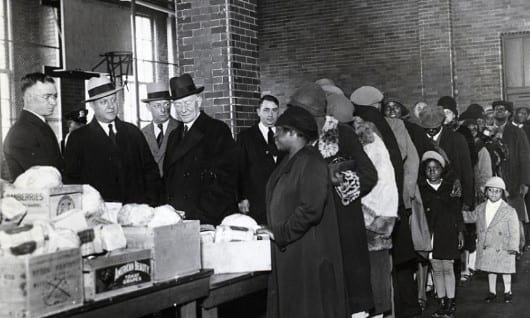
It is taking the scale of a horrific pandemic to expose flaws in the social structure that should have been corrected earlier.
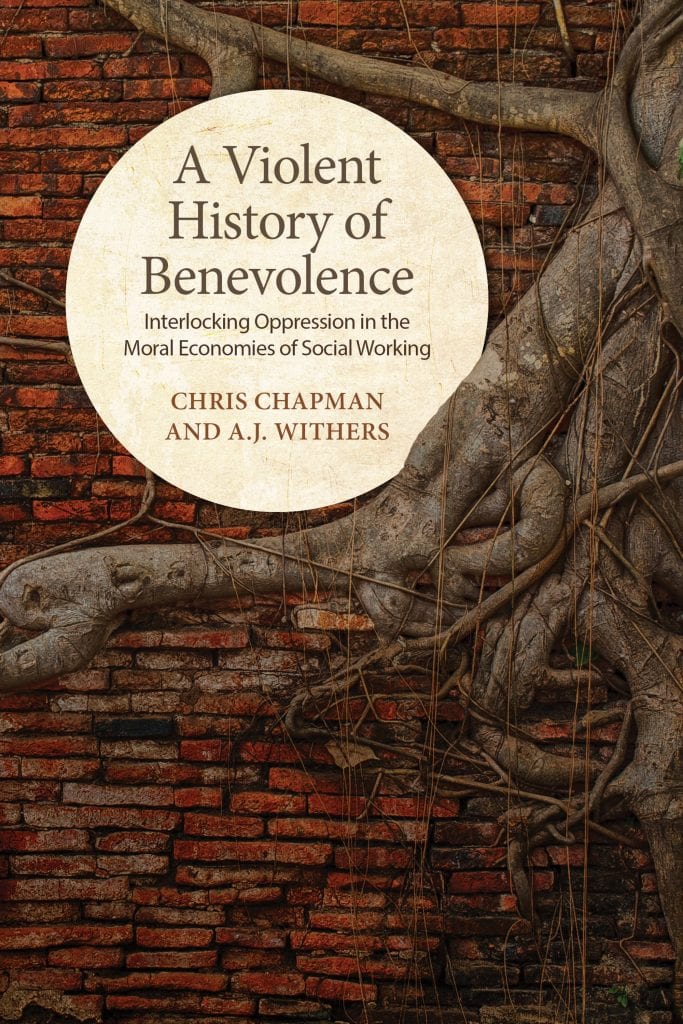
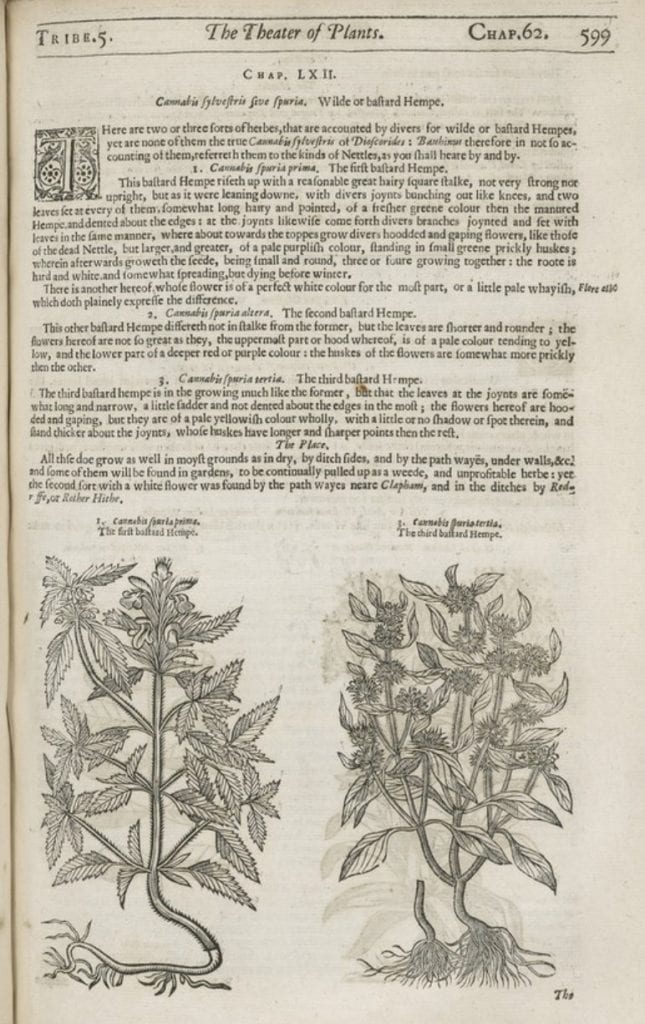
Pages on cannabis from John Parkinson’s Theatrum Botanicum (1640)

Thoughtful history analysis allows social work students and educators to begin to reveal blindness in the past that could help provide insight into current implicit bias and unintentional injustice.
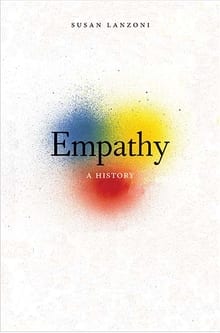
Empathy: A History tells the fascinating and largely unknown story of the first appearance of empathy in 1908 and tracks its shifting meanings over the following century. Despite the word’s ubiquity today, few realize that it began as a translation of Einfühlung (“in-feeling”), a term in German psychological aesthetics that described how spectators projected their own feelings and movements into objects of art and nature.

What are the real disease entities in psychiatry? This is a question that has bedeviled the study of the mind for more than a century yet it is low on the research agenda of psychiatry. Basic science issues such as neuroimaging, neurochemistry, and genetics carry the day instead. There is nothing wrong with basic science research, but before studying the role of brain circuits or cerebral chemistry, shouldn’t we be able to specify how the various diseases present clinically?
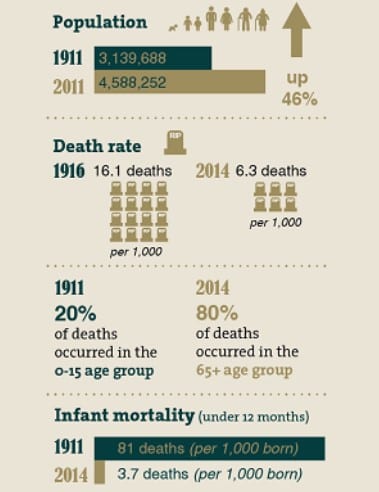


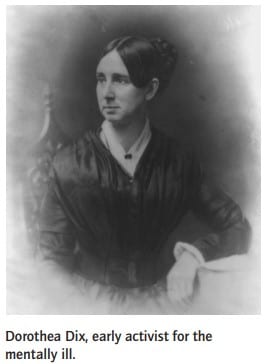
Dorothea Dix and the Condition of American Mental Institutions
in 1840

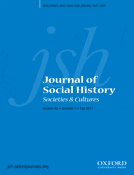

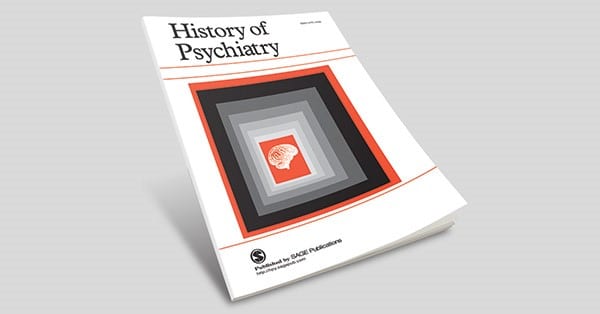
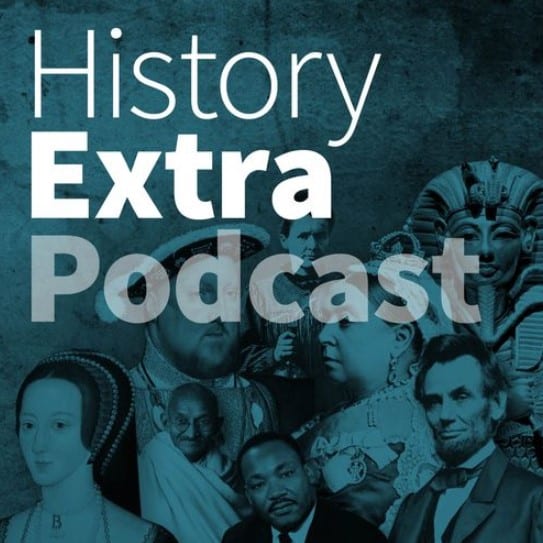

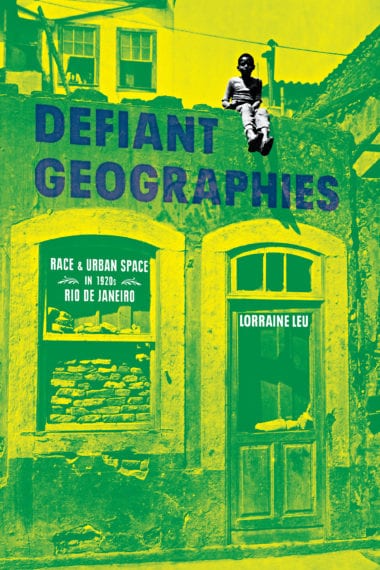
Defiant Geographies examines the destruction of a poor community in the center of Rio de Janeiro to make way for Brazil’s first international mega-event. As the country celebrated the centenary of its independence, its postabolition whitening ideology took on material form in the urban development project that staged Latin America’s first World’s Fair.
